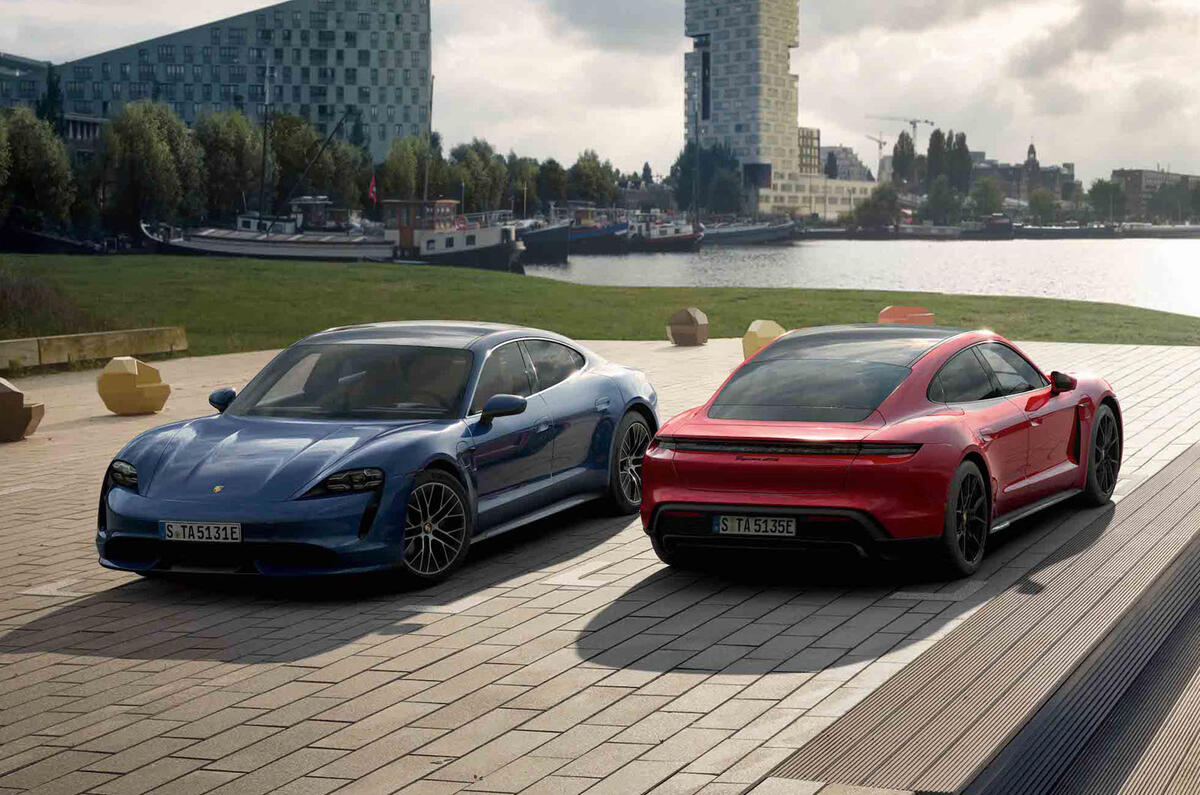‘The battery cell is the combustion chamber of the future," said Porsche back in 2021. Such was the brand’s confidence that it could parlay its formidable ICE prowess into the EV era that it bought a German battery company called Cellforce, which promised high-performance, energy-dense packs worthy of EVs wearing the Porsche badge.
In the first quarter of this year, however, Porsche wrote off €700 million (£606m) covering its investment in Cellforce and “other battery activities”. Porsche also holds a controlling stake in battery maker V4Smart, a division of Varta.




Add your comment